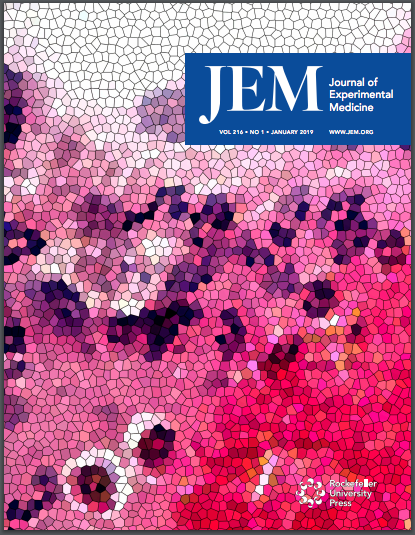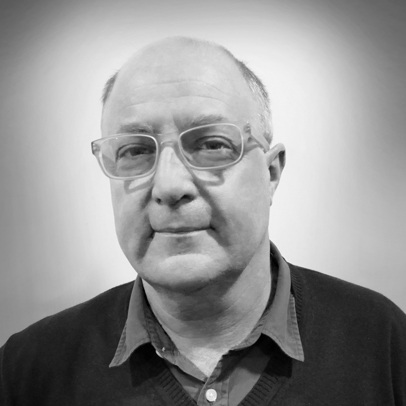 A group of software engineers from academia and industry has lost a 2017 paper on web-based applications over concerns that the data were fabricated.
A group of software engineers from academia and industry has lost a 2017 paper on web-based applications over concerns that the data were fabricated.
The article, “Facilitating debugging of web applications through recording reduction,” appeared online in May 2017 in Empirical Software Engineering, a Springer publication.
According to the retraction notice, which was released in December: Continue reading “Evidence of fabricated data” leads to retraction of paper on software engineering







